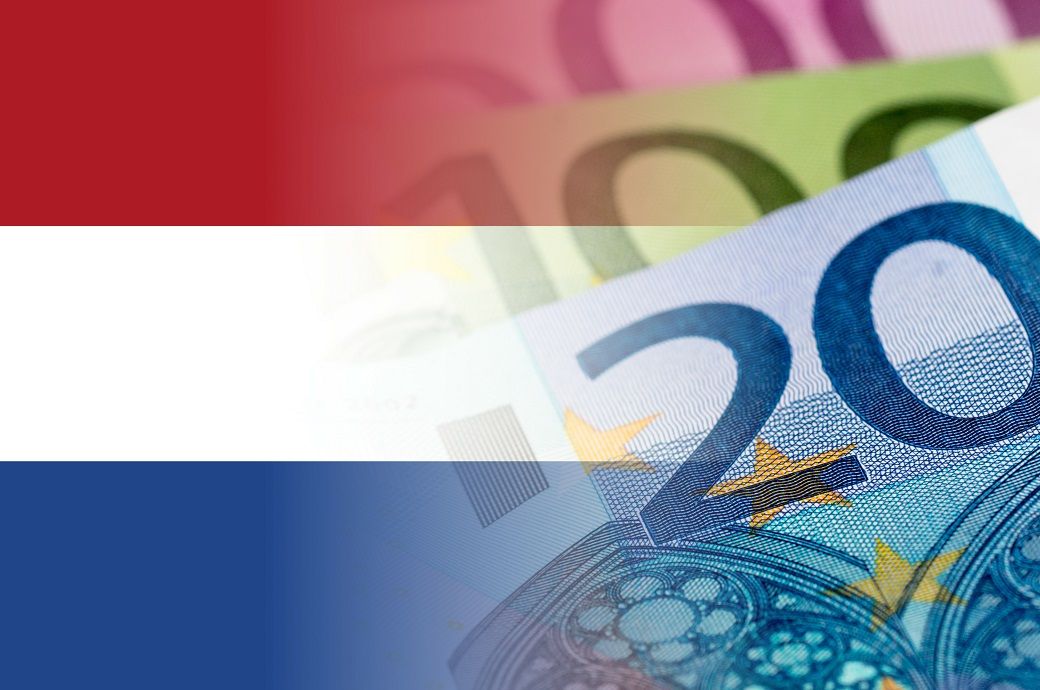
Ten out of ** indicators in the tracer in November were performing below their long-term trend. The tracer monitors the state and the cycle of the Dutch economy.
Dutch consumers were less negative in November than in the previous month. However, confidence was still far below the long-term average over the past two decades. Producers were also less negative than in October, with confidence remaining below the **-year average as well.
Receive daily prices and market insights straight to your inbox. Subscribe to AlchemPro Weekly!